Elon Musk has sharply escalated his attacks on OpenAI CEO Sam Altman, declaring that former OpenAI researcher Suchir Balaji—who died last year—“was murdered,” in direct contradiction to both the findings of San Francisco authorities and Altman’s own public statements. Musk’s sensational claim follows a tense interview between Altman and Tucker Carlson, who similarly cast doubt on the overwhelming findings by authorities that Balaji killed himself, including the facts that he was killed with a gun that he owned, with all entrances locked from the inside and no signs of another person’s presence.
Much of the conspiracy theorizing over Balaji’s death has to do with the refusal of his parents to accept the official findings and insistence that he was murdered. His mother, Poornima Ramarao, has appeared on Tucker Carlson’s show as both sought to amplify her claims. The title of her appearance called her the mother of the “likely murdered OpenAI whistleblower.”
A tense interview on Tucker Carlson
On September 10, Altman appeared on Tucker Carlson’s show, where he faced pointed questions regarding the death of Suchir Balaji—a key former researcher at OpenAI who left the company and publicly accused it of copyright violations shortly before his death. Carlson pressed Altman directly: “Do you think he committed suicide?”
Altman responded that he has “spent a lot of time” trying to read as much about the case as possible and “it looks like a suicide to me.” Under lengthy and tense questioning from Carlson, Altman called it “an incredible tragedy.” He recounted mourning Balaji’s loss, describing it as a personal and professional tragedy, but repeatedly referenced the official findings of suicide from San Francisco authorities.
Carlson, unsatisfied, challenged Altman on inconsistencies cited by Balaji’s mother—including alleged signs of a struggle, cut security camera wires, and the abrupt closure of the investigation. Carlson told Altman on-air, “He was definitely murdered, I think,” and questioned why police ruled out homicide despite family concerns.
Musk piles on
Hours after the interview aired, Musk—a former co-founder turned critic and legal opponent of OpenAI—amplified the controversy on social media, posting simply: “He was murdered” in direct response to coverage of Altman’s comments. The timing and bluntness of Musk’s statement ignited social platforms, as supporters and skeptics alike debated the possibility of corporate malfeasance or cover-up.
Musk’s history with Altman and OpenAI has grown increasingly adversarial in recent years, with Musk criticizing what he sees as lax ethical standards and lack of transparency at the AI lab. Musk’s public endorsement of conspiracy claims surrounding Balaji’s death marks yet another escalation in his attacks against OpenAI’s current leadership.
Authorities rule out foul play
Authorities found Balaji dead from a single self-inflicted gunshot wound in his San Francisco apartment in November 2024, with the police and medical examiner ruling out foul play after a detailed investigation. Toxicology showed presence of alcohol and other substances.
Despite this, Balaji’s family has continued to dispute the suicide finding, alleging investigative lapses, possible deleted or missing surveillance footage, and a lack of transparency from officials. They particularly note the lack of a suicide note, but as Fortune‘s Leo Schwartz and Allie Garfinkle reported, the majority of suicide deaths do not include a note, while the external expert the family hired to investigate did not personally visit the crime scene.
Family statements and self-commissioned reviews, which have been widely circulated online, claim evidence of a struggle and long-standing threats linked to Balaji’s whistleblowing activities at OpenAI.
Altman, faced with repeated insinuations by Carlson, expressed discomfort at being “accused of murder” but stood by the official record. “I haven’t done too many interviews where I’ve been accused of murder,” he remarked, emphasizing his belief in the findings and asserting respect for Balaji and his family.
For this story, Fortune used generative AI to help with an initial draft. An editor verified the accuracy of the information before publishing.
This story was originally featured on Fortune.com

 2 hours ago
1
2 hours ago
1
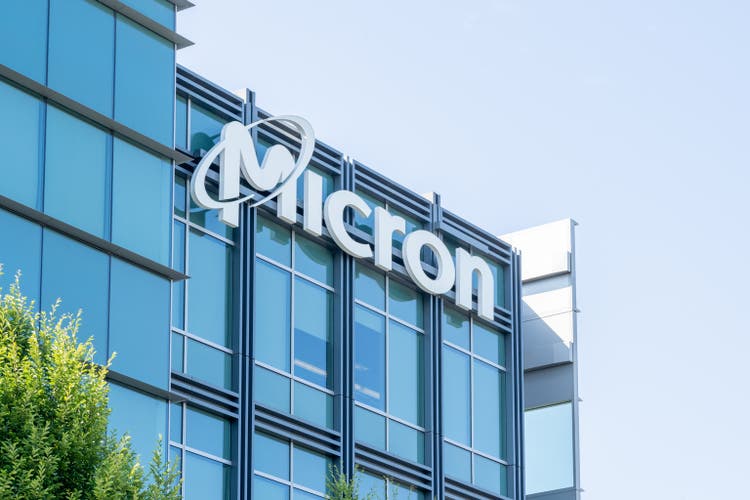
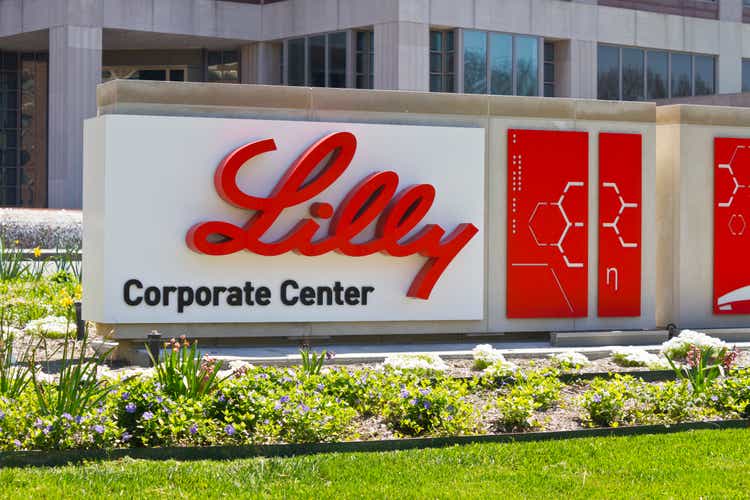

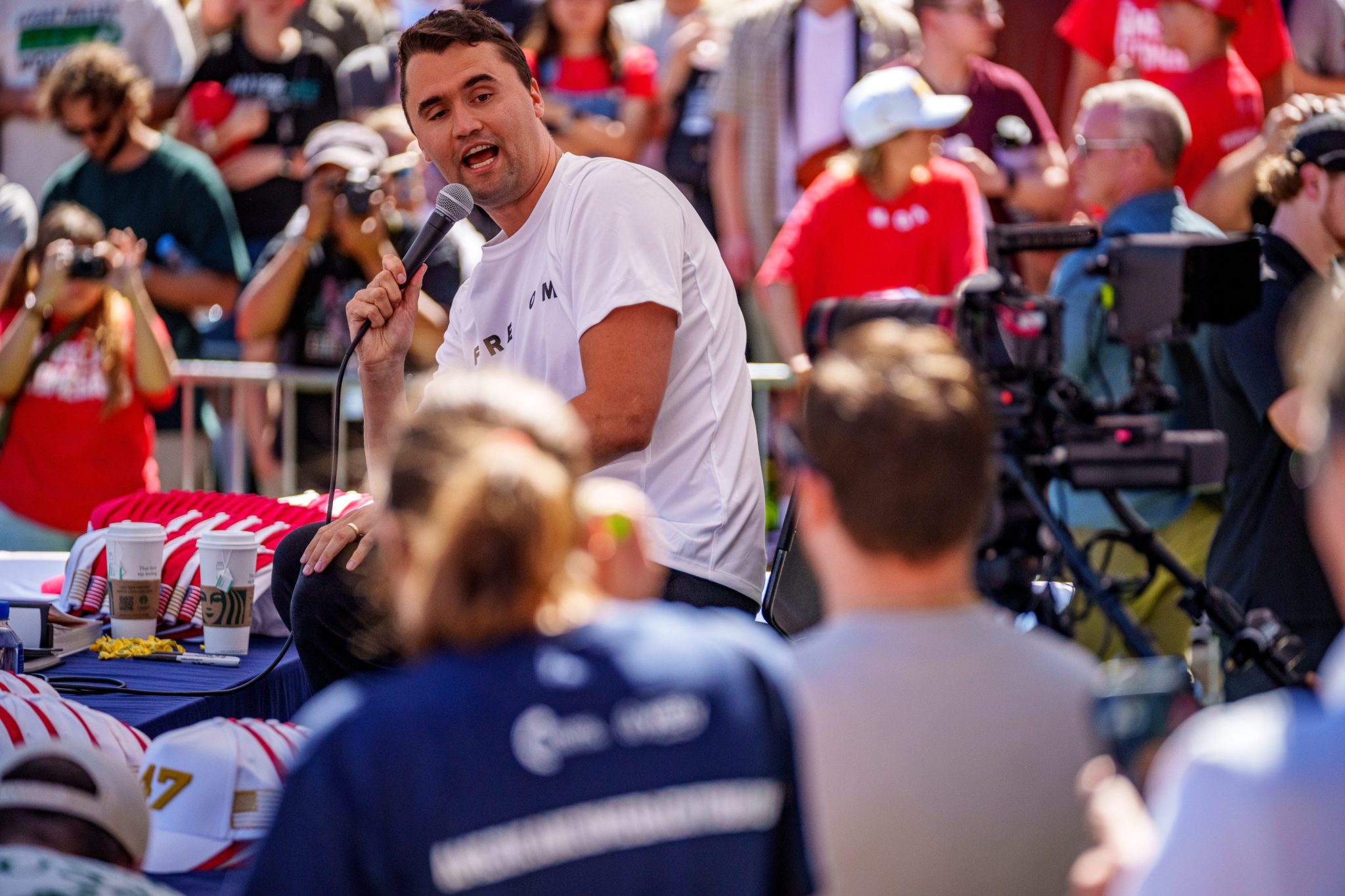





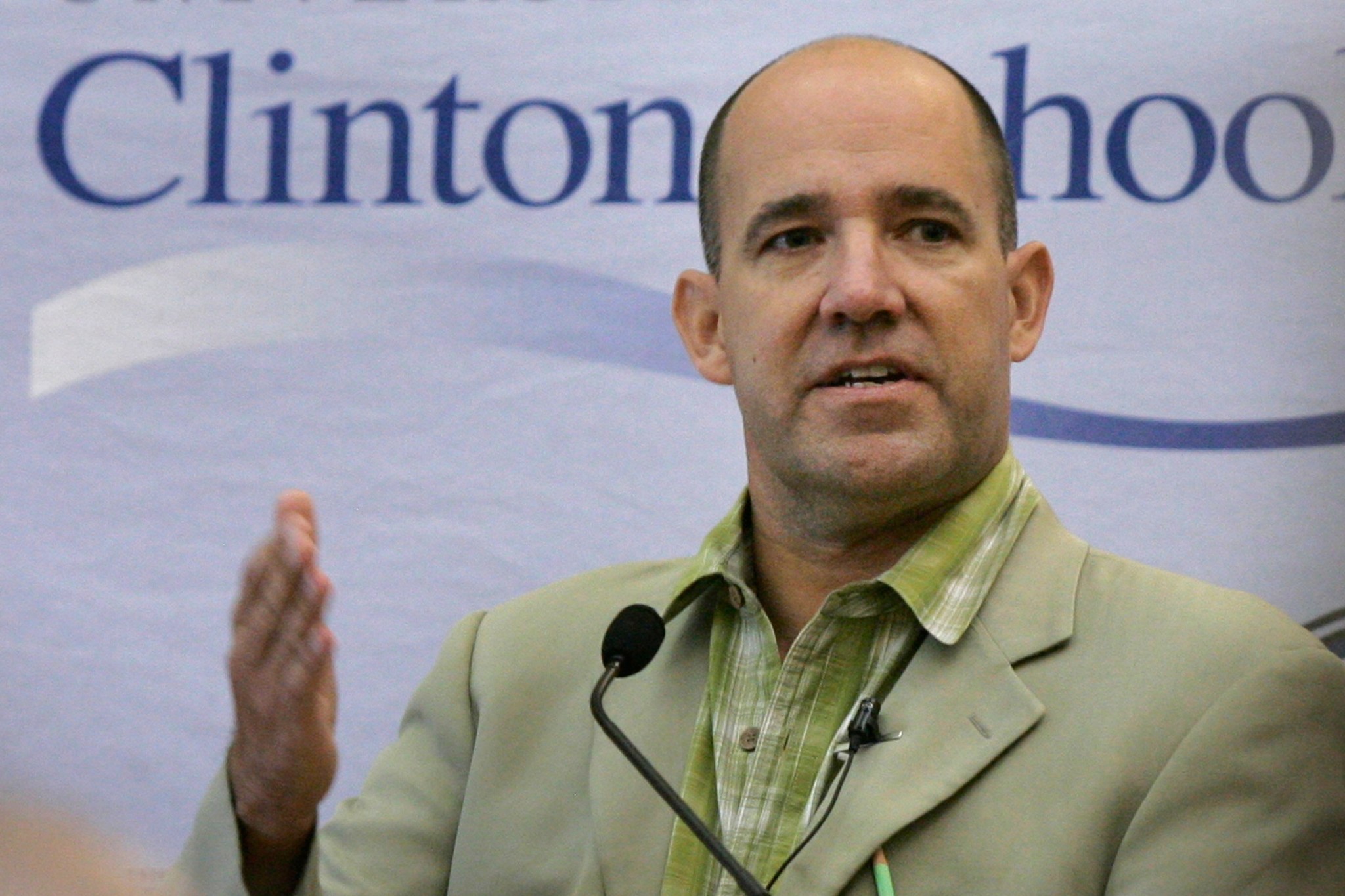

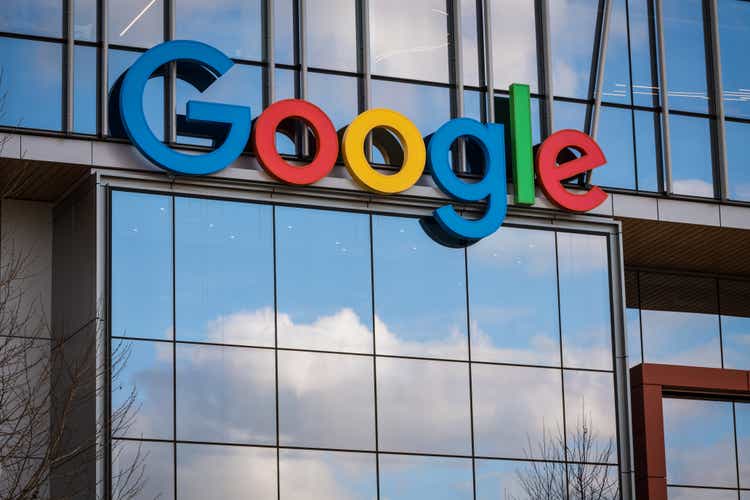
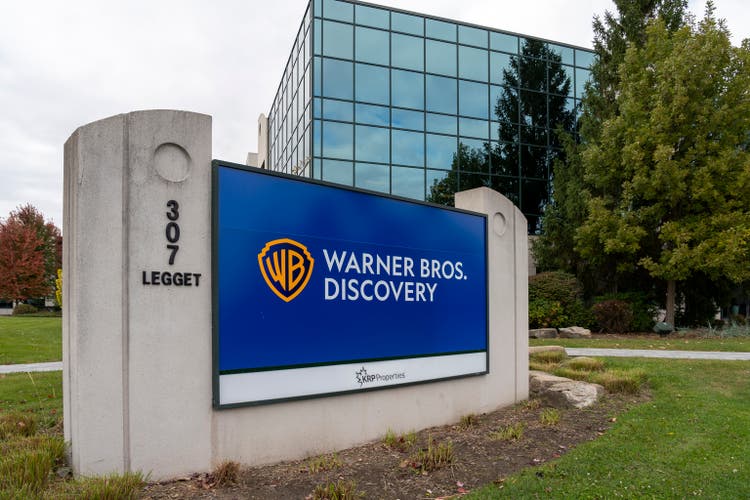

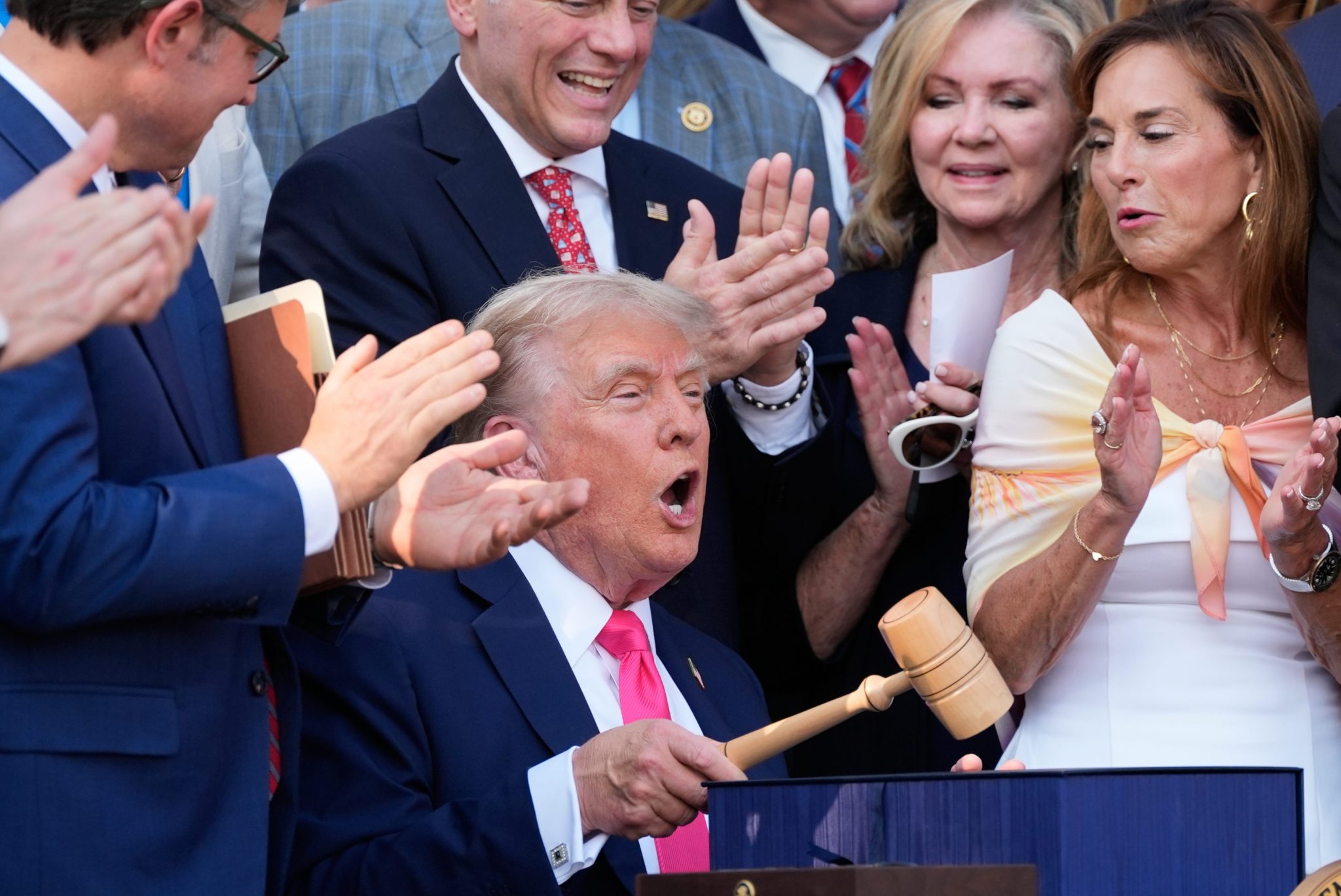

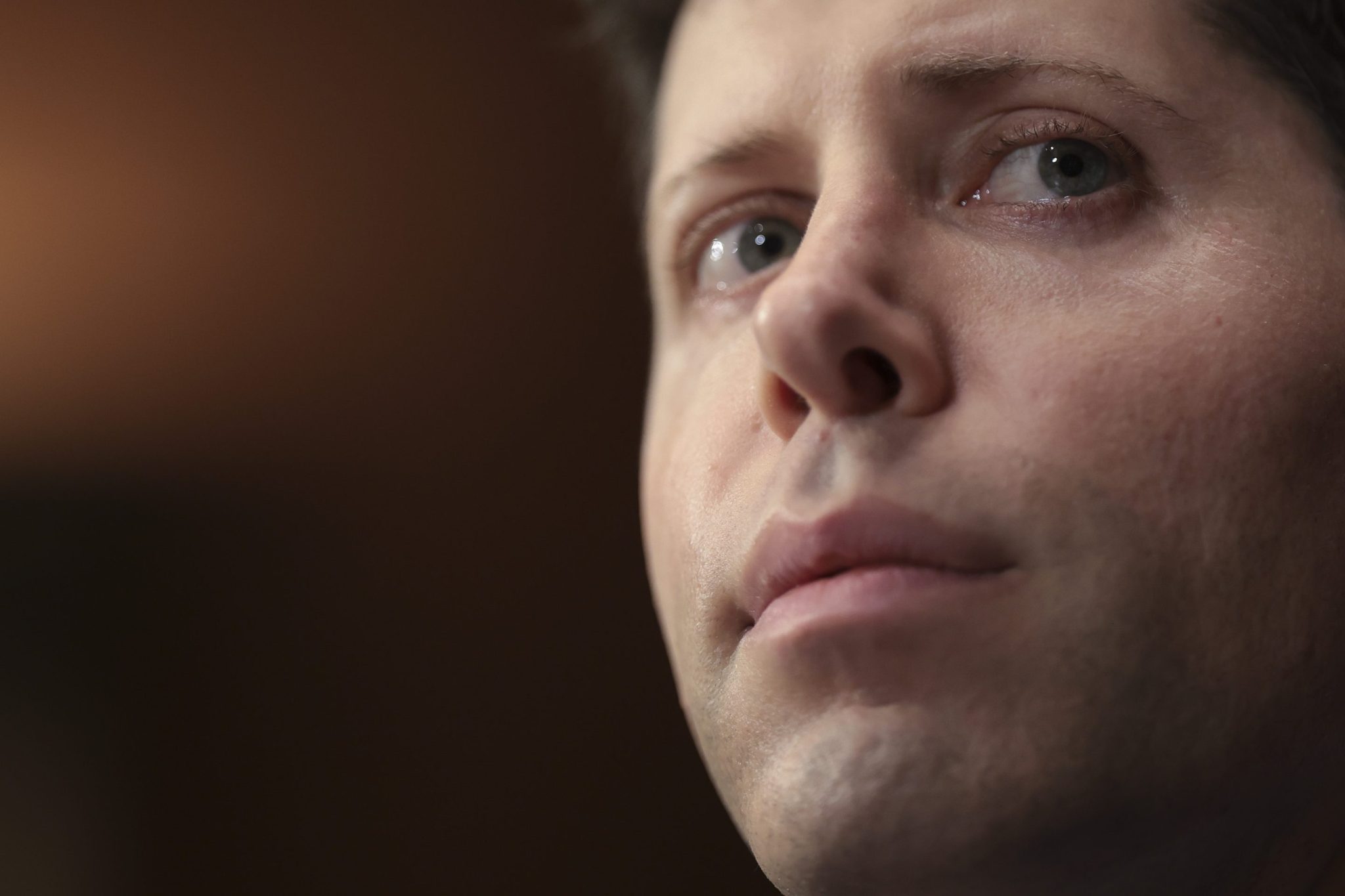

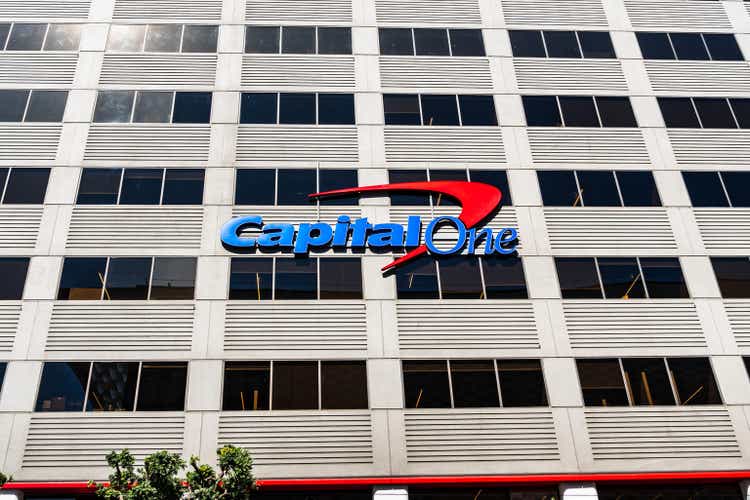


 English (US) ·
English (US) ·